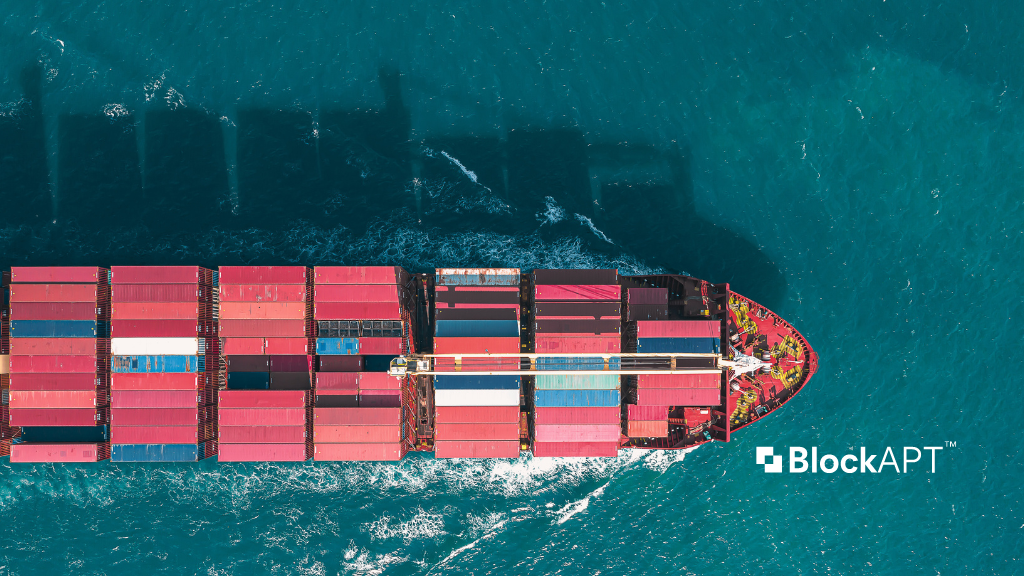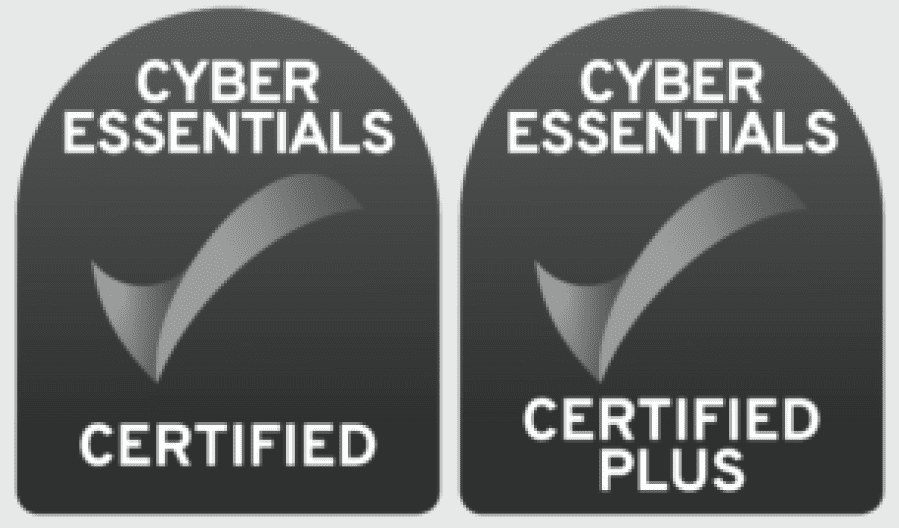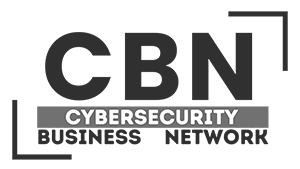If you are an IT security professional like me, then typically the first thing that will come to mind when you hear Chain of Trust, will be digital certificates and their hierarchy of trust established by Certificate Authorities (CAs).
We use digital certificates every day in our daily online activities. This chain of trust ensures that users can trust the authenticity of websites and digital identities online. The chain of trust for digital certificates involves a sequence of certificates that ultimately leads back to a trusted root certificate. Web browsers and operating systems have a pre-installed set of root certificates from globally recognised CAs. When a website presents its digital certificate to a user’s browser, the browser checks whether the certificate was issued by a trusted CA. If the certificate was issued by a trusted CA, the browser trusts it and establishes a secure connection.

But it does not stop there… The “Chain of Trust” is a concept used in various contexts, in each context, it refers to a different but related concept. Chain of trust in supply chain management is one area that I want to dive into.
In supply chain management, the Chain of Trust refers to the establishment of trust and accountability among various entities within a supply chain network. It involves creating a transparent and secure network where all participants can trust one another’s actions and data.
This concept is especially important in global supply chains, where goods and services pass-through multiple organisations, including suppliers, manufacturers, distributors, and retailers.

A Chain of Trust in supply chain management includes practices such as due diligence in selecting reliable suppliers, implementing robust contracts, monitoring supplier performance, and creating contingency plans to mitigate risks.
A well-established Chain of Trust in supply chain management helps organisations minimise disruptions, ensure product quality, and maintain the security of their supply networks.

What kind of risks can compromise the assurance that a link or entity in the supply chain can no longer be trusted to perform its role without compromising the security, integrity, or quality of the products or services being delivered?
- Data Breaches in the supply chain can expose sensitive information, risking data breaches and loss of confidential data. This is something that we hear about more often these days.
- Counterfeit Products can harm consumers, damage brand reputation, and trigger product recalls if any supply chain link is compromised.
- Supplier Reliability is crucial; disruptions like bankruptcy or quality issues can disrupt the entire supply chain.
- Regulatory Compliance failures in the supply chain can lead to legal penalties, fines, and reputational damage.
- Environmental and Ethical Concerns can lead to reputational damage and legal consequences if ethical and sustainability standards are not met.
- Geopolitical Risks affect supply chains spanning multiple countries due to tensions, trade disputes, tariffs, and international issues.
- Natural Disasters and Disruptions can disrupt the supply chain by affecting production, transportation, and distribution.
- Quality Control challenges can lead to product quality variations if not enforced at every supply chain stage.
- Single Points of Failure arise from an over-reliance on a single or limited number of suppliers for critical components or materials.
- Cyberattacks on any supply chain link can spread threats like phishing, malware, or ransomware throughout the network.
The Chain of Trust is a fundamental concept for ensuring security, reliability, and transparency in complex systems and networks. In today’s interconnected and globalised business landscape, organisations rely extensively on third-party suppliers and a complex web of supply chain partners to deliver products and services efficiently. While this interconnectedness brings numerous benefits, it also exposes businesses to a heightened level of risk, making it crucial to establish a robust “Chain of Trust.”

What kind of strategies can we use to mitigate supply chain and third-party supplier risks effectively?
As business owners, the first step is to comprehend the risks. Without a clear understanding of the risks our business faces, we will not be able to effectively protect against them. Organisations need to establish a secure and reliable network of suppliers and partners, minimising risks while ensuring business continuity. It involves creating a culture of transparency, accountability, and collaboration among all supply chain participants.
Some of the key elements of a Chain of Trust include:
- Due Diligence: Thoroughly vetting and assessing potential suppliers and partners before engagement.
- Contractual Agreements: Implementing robust contracts with clear Service Level Agreements (SLAs) and compliance standards.
- Continuous Monitoring: Regularly evaluating supplier performance and adherence to security and compliance standards throughout the partnership.
- Contingency Planning: Developing strategies to mitigate disruptions and vulnerabilities within the supply chain.
Here are the measures and practices I encourage my clients to put in place to safeguard the digital components and information within the supply chain. It involves ensuring the confidentiality, integrity, and availability of data, systems, and communication channels at every stage of the supply chain, from suppliers to manufacturers to distributors and beyond.

Here is an explanation of key aspects of cybersecurity in the Chain of Trust supply chain management:
1. Regularly assess the supply chain for vulnerabilities and create risk mitigation plans.
- Conduct regular supplier audits to ensure adherence to security and quality standards. Establish a culture of continuous improvement.
2. Enforce stringent cybersecurity measures, including data encryption and access controls, to protect sensitive information. If you are a business in the UK, make sure your suppliers have Cyber Essentials PLUS as a minimum cybersecurity qualification to demonstrate basic IT hygiene;
- Ensuring the security of all endpoints (devices connected to the network) is crucial.
- Implementing firewalls, intrusion detection systems, and regular network monitoring helps safeguard communication channels against cyber threats like malware, phishing attacks, and unauthorised access.
- Employing robust authentication and authorisation mechanisms ensures that only authorised personnel can access critical systems and data, reducing the risk of unauthorised activities
- Ensuring that all software used within the supply chain is secure and up-to-date helps protect against known vulnerabilities. Regularly applying patches and updates is crucial.

3. Employees should be educated about cybersecurity best practices, constantly trained, and tested to recognise and respond to potential threats, such as phishing attempts. This should not be old school annual training anymore. I test my teams on a daily basis.
4. Protecting sensitive data, such as customer information, proprietary designs, and financial records, is paramount. Encryption, access controls, and data loss prevention tools are used to prevent unauthorised access, leakage, or theft of data.
5. Having a well-defined incident response plan in place helps in the rapid detection and mitigation of cyber threats. It includes procedures for reporting incidents, containing the damage, and recovering affected systems.
6. Continuous monitoring of the supply chain’s cybersecurity posture helps identify emerging threats and vulnerabilities, allowing for timely mitigation.
7. Diversified Sourcing by avoiding over-reliance on a single supplier.
8. Foster transparent open communication and collaboration with suppliers to identify potential risks and implement proactive solutions.

A robust Chain of Trust is paramount in today’s supply chain landscape. By establishing a culture of trust, accountability, and collaboration among supply chain participants, organisations can effectively mitigate risks, enhance business resilience, and maintain a competitive edge.
In an era of increasing supply chain complexity, embracing the concept of a Chain of Trust is not just an option; it is a necessity for sustained success in the global marketplace.








